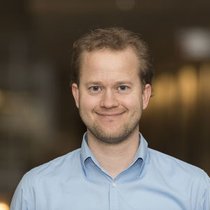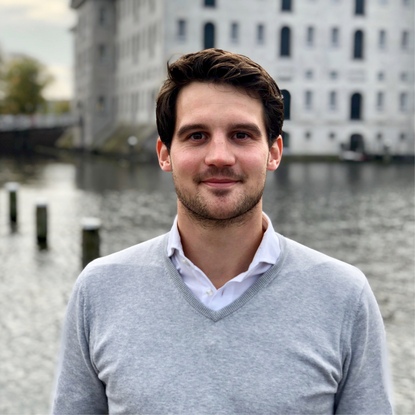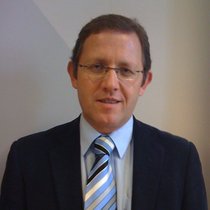The transition from fossil-based resources to more sustainable forms of energy like electricity, heating and cooling, is overdue to best preserve our environment. Therefore, Amsterdam has the ambition to reduce CO2 emission by 55% in 2030 and 95% in 2050. This requires a major transformation of our current energy systems. How can ensure the energy use in urban areas will remain reliable, sustainable and affordable?
Energy is both a social and a technical challenge
Cities depend on their surrounding areas for energy production, because the total amount of required energy cannot be generated within city limits. Amsterdam must explore how to generate reliable, sustainable, and affordable energy at the metropolitan level.
This energy transition is both a technical and social challenge. One of the social challenges is the adjustment or change that need to be made by citizens. This includes for example uncertainty about the costs of sustainable solutions. Technical challenges stem from constraints like Amsterdam being an old city with a historic city center. This thus puts certain constraints on how new infrastructure can be built.
“The decision of the Dutch government to stop the extraction of natural gas from the Groningen gas field has increased the urgency for the successful roll-out of sustainable heating systems. However, not all stakeholders support this change. In the ‘Designing innovative and socially responsible heating systems’ project, we investigate how to improve acceptability and establish the costs and benefits of different sustainable heating systems.”
Niek Mouter
Project Lead Designing innovative and socially responsible heating systems
How do we work on the topic of Urban Energy?
AMS Institute complements the initiatives of the city of Amsterdam. It contributes technological and scientific expertise in the field of urban energy and partnerships with energy providers that add the long-term perspective beyond council terms. Researchers have good insight on early-stage developments with potential and on their best fit with the urban energy challenges.
Research projects target different levels for investigation such as interventions at household, building, neighborhood, community, or city and regional level. In addition, research projects also distinguish between different types of energy such as electricity, heating, and cooling. Within the various research projects, there is also a strong focus on the social and societal challenges of the energy transition.
Wider impact
While AMS Institute seeks to improve local or urban energy challenges, the long-term goal is to make an impact beyond its city limits. Ideally, local solutions support the global energy transition by translating findings for other cities, countries and continents.
Principal Investigators
Project members
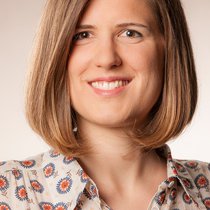
Julia Blasch
Vrije Universiteit Amsterdam
Pieter van Beukering
Vrije Universiteit Amsterdam
Ioannis Ioannidis
AMS Institute
Lydia Giokari
AMS Institute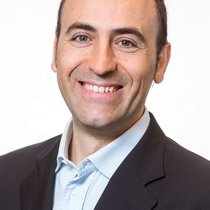
Olindo Isabella
TU Delft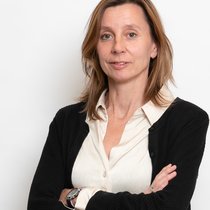
Tamara Metze
TU Delft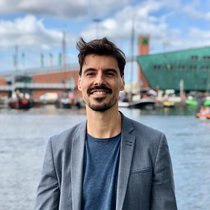
Caspar Egas
AMS Institute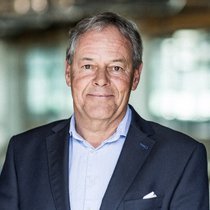
Douwe van der Meer
Firan
Isabelle Snaauw
AMS Institute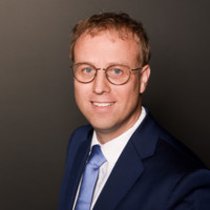
Francesco Franchimon
AMS Institute
Maarten Verkou
TU Delft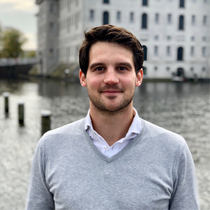
Paul Voskuilen
AMS Institute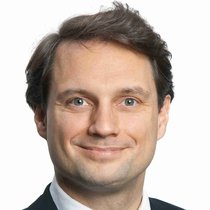
Peter Palensky
TU Delft
Helmut Bruckner
Sonnenplatz Großschönau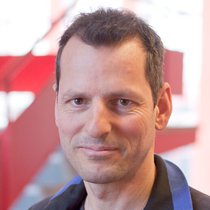
Andy van den Dobbelsteen
TU Delft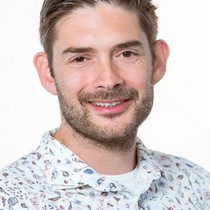
Arjen van der Meer
TU Delft
Michel Handgraaf
Wageningen University & Research
Hans Roeland Poolman
AMS Institute
Hung-Chu Chen
TU Delft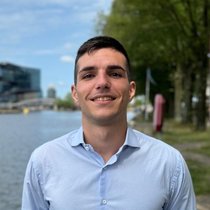
Mattia Ceccarelli
AMS Institute, University of Pisa, MIT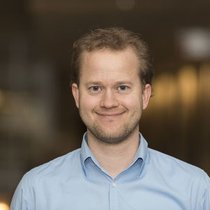
Niek Mouter
TU Delft
Erkinai Derkenbaeva

Else Veldman
TU Delft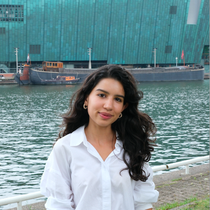
Rajaa Bennaoui

Juanita Devis Clavijo
AMS Institute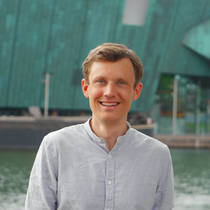
Mark Kauw
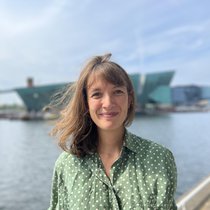
Maéva Dang
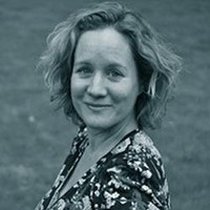
Annoesjka Nienhuis

Joe Llewellyn
Senseable Amsterdam Lab, MITView
everything
projects
news
events
everything
on this theme
projects
news
events
everything
